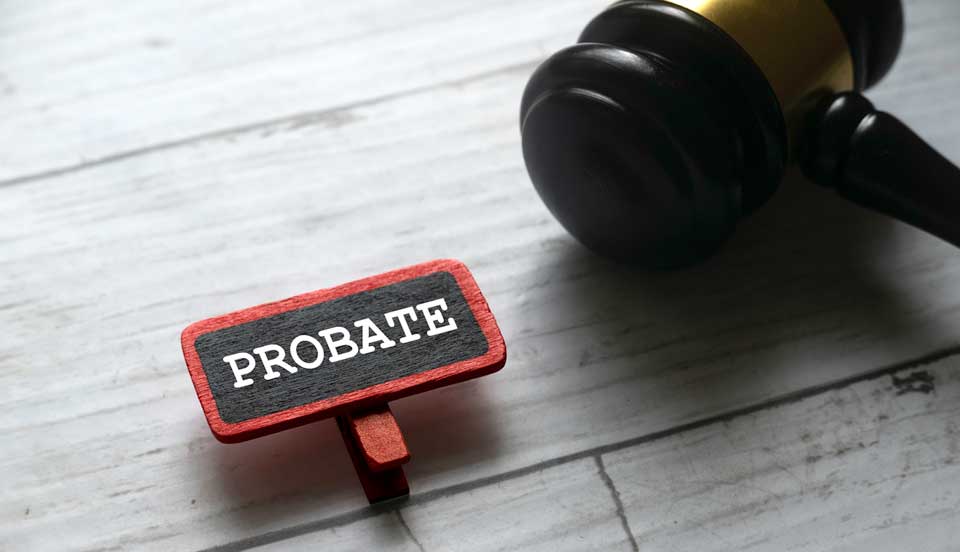
Attorneys Christian Van Riper, a former prosecutor, and Timothy Nies, an Army Ranger Veteran and trial attorney for over 20 years, represent clients in probate litigation matters. Our Florida probate trial attorneys outwork opposing attorneys in fighting for the rights of our clients.
There are many requirements in the probate process in Florida after a deceased person’s last will is offered for probate. Creditors and heirs are entitled to various rights, privileges and limitations that must be strictly followed. Not everyone involved in such a process is satisfied with the result, which can lead to a will contest by surviving family members and potential beneficiaries.
Grounds for Contesting a Will
Grounds for contesting a will in Florida, include:
Mistake in Execution
Florida law sets forth the requirements for a will to be valid. If any of the provisions are not adhered to, the will is not a valid will under Florida law it may be challenged. For example, wills must be in writing and wills must be executed such that the person signing the will, the testator, must sign the will at the end, or else have his or her name subscribed at the end of the will by another in the testator’s presence and at the testator’s direction. There must be witnesses to the execution of the will.
Lack of Testamentary Capacity
Florida law requires that a testator exhibit a minimum level of capacity to execute a valid will. Contesting a will based on lack of testamentary capacity is based on the belief that at the time the will was signed, the testator did not have the necessary mental ability to understand the amount and nature and extent of their property and assets, the family members and others who would ordinarily receive such property, and the purpose and effect of the will. Litigation based on lack of capacity relies on medical records and the conduct of the testator before signing the will.
 Undue Influence
Undue Influence
This type of claim challenges whether the person making the will did so freely and without being coerced by a person who was in a position of trust and control. In Florida, an undue influence claims must consist of three elements: 1) the person who is accused of undue influence must stand to receive a substantial benefit pursuant to the will. 2) The beneficiary must have been in a confidential relationship with the person whose will is being contested. 3) The beneficiary must have been active in the procurement of the will. Meaning, that the beneficiary must have been in a strong or dominant position to influence the testator’s decisions about the terms of the will.
Other Areas of Probate Litigation
Other areas of probate litigation our attorneys practice in include:
Breach of Fiduciary Duty
Under Florida law, a fiduciary, such as a trustee or individual with power of attorney, is required to administer a trust or estate impartially, based on what is fair and reasonable to all the beneficiaries, unless otherwise directed in the trust or will. There are many types of breaches of fiduciary duty, including failure to provide accountings to beneficiaries, failure to post a bone, mismanagement of assets and misappropriation of estate assets.
Elective Share Litigation
The surviving spouse of a person living in Florida has the right to a share of the estate. Generally, a surviving spouse has the right to claim 30 percent of the elective estate, if there is no valid prenuptial agreement.
Our probate litigation attorneys are known for outworking opposing attorneys and litigate probate cases in St. Lucie, Martin, Palm Beach and Broward counties.